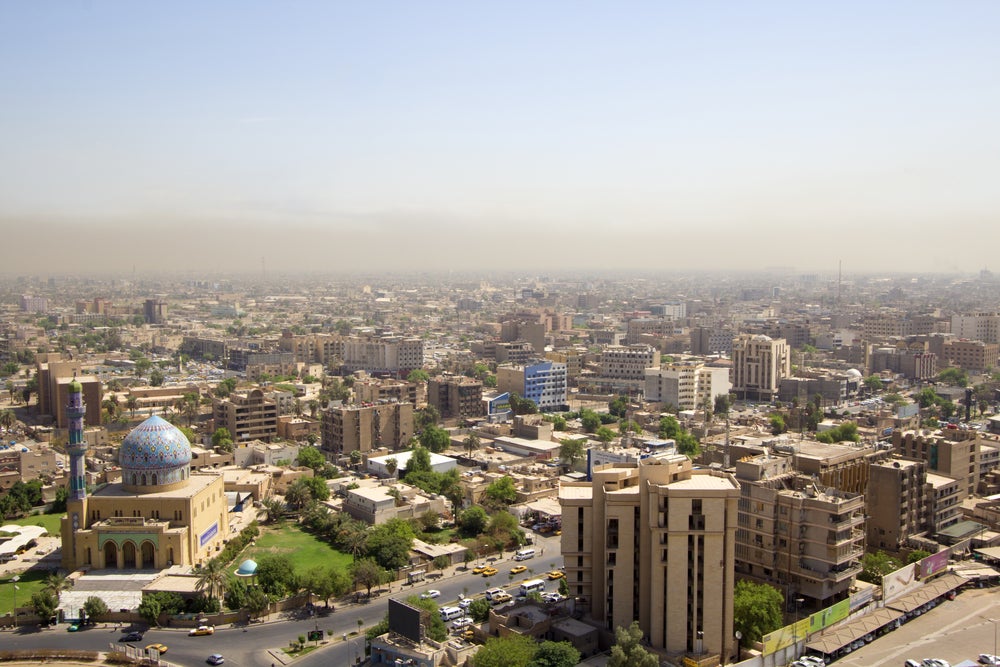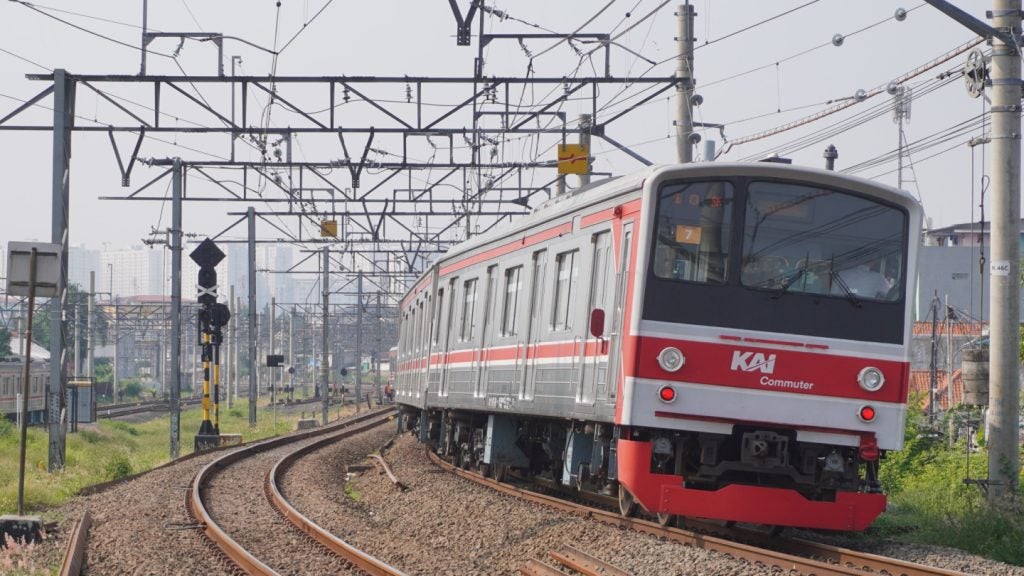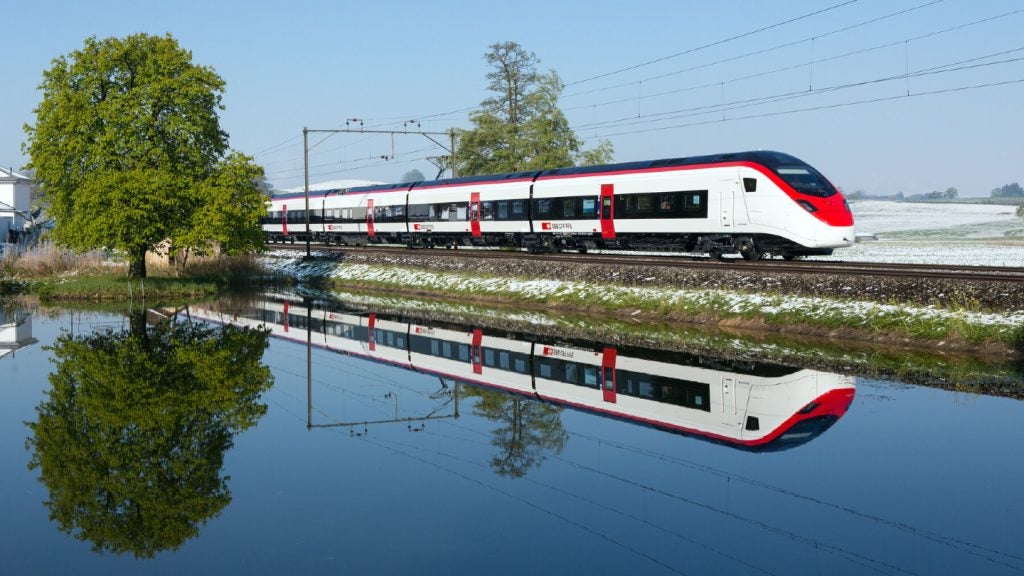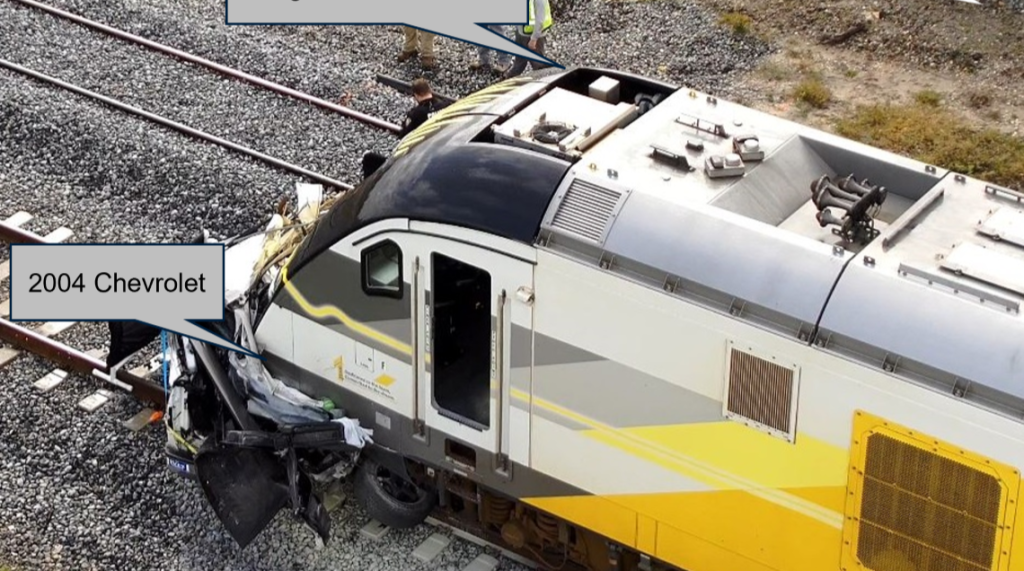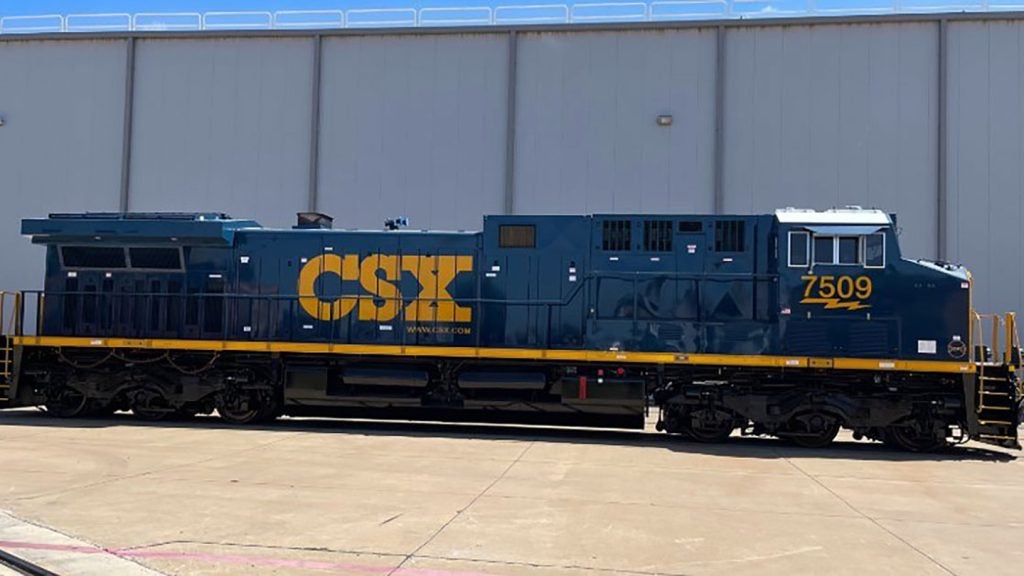The National Investment Commission (NIC) in Iraq has opened “International Investment Opportunities” for two metro rail projects in the country.
Both projects are in central Iraq, between the Euphrates and Tigris rivers. The first is for a four stop line from central Karbala to Najaf via Karbala airport to cater for the many Shia Muslim pilgrims who come to pay tribute at the Mosque of Ali in Najaf. Only Mecca and Medina draw more Islamic pilgrims each year.
The second, larger, project is a seven-line metro system for Iraq’s capital city Baghdad. It is planned to total 150km, with 64 stations, four workshop/depots, and two control centres. The project aims to employ driverless electric trains on the future network.
Both “opportunities” are described as “design, build, operate, maintain, finance, and transfer ownership (DBOMFT)” projects.
The investment portfolios can be purchased for ID100,000,000 ($76,388) from the National Investment Commission by the deadline of 12 March 2024. Bids including feasibility studies should then be submitted by 12 April.
The Baghdad metro specification detailed a set of two-line routes, with lines and stations mixed between overground, underground and elevated sections.
Although rolling stock specifications were not as detailed, the NIC said the trains must be accessible.
“The train carriages consist of a gold class cabin, a special cabin for women and children, and tourist cabins. The carriage design also contains seats that meet the needs of the elderly and people with special needs,” it read.
The Karbala to Najaf line project was published without as many details but specified four stations at Karbala city, Karbala Airport, Al-Najaf, and Najaf Airport.
The lines would also be electrified, or use battery power to satisfy sustainability requirements.
The link between the cities is needed to provide safe transport for millions of visitors each year.
“Due to the great and increasing importance of the millions of pilgrims march and the continuous religious trips throughout the months of the year in addition to the weekly trips to the holy cities of Najaf and Karbala, the need has emerged for an advanced mass means of public transportation to serve pilgrims and to provide a safe, large-scale and fast mean of transportation which is compatible with the needs and conditions of the country and that is represented by the metro train project.”


